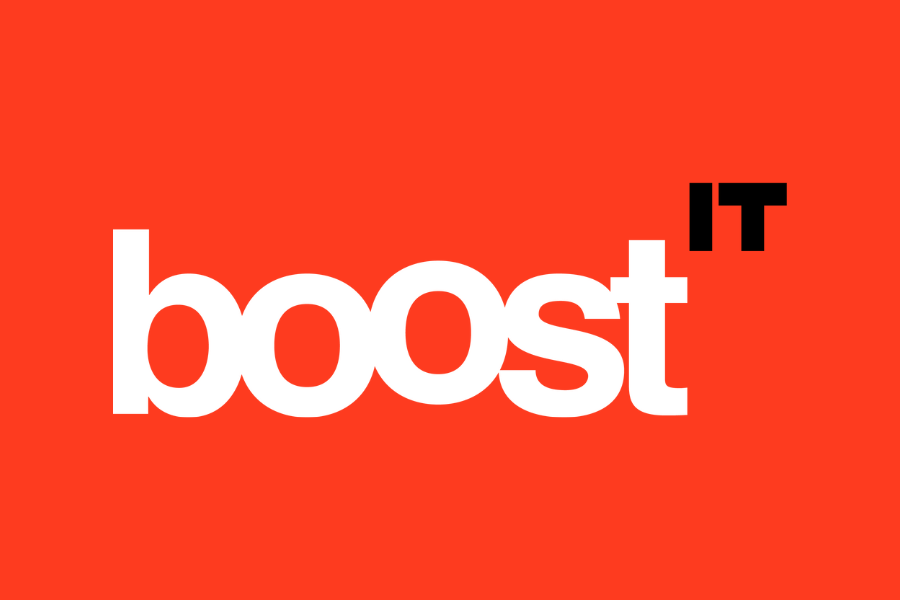Marketing Planning: Starting a business
Posted 21 May '15
Posted 21 May '15
Before you jump in and get started, market research should be carried out to understand if your idea is feasible. This will allow you to find out whether there is a need for your product or service, who your competitors are, their strengths and weaknesses and what you can do better.
Gaining insight into the industry will also help you to devise a marketing strategy. Without a strategy or plan in place it will be so easy to get caught up in the day to day dealings of the business and limit your chance of business growth and direction.
That being said it is one thing to do the research and write the plan, but another to actually put it to use, review regularly and ensure you are on track to achieving your goals.
Firstly, consider your business brand. This is one of the most important aspects of any business. Think of it this way… Your brand is your promise to your customer. Falsely communicating who you are and what you stand for to your customer builds an untrustworthy relationship. This is why you should first consider:
• What is your company’s mission?
• What are your values?
• What makes your brand unique?
• What are the benefits of your products/services?
• What qualities do you want your customers to associate with your company?
Knowing who you are providing your products/services to enables you to communicate effectively, save time and money and utilise the right marketing platforms. To establish your target audience ask:
• What problems does your product/service solve? (When this is clear you can determine who that would benefit.)
• Who will gain value from your offer and how does it add value?
• What is an in-depth description of your audience (demographic and psychographic)
• Where do they hang out? (Knowing this will determine how you can best communicate with them)
The key is getting really specific. “Anyone interested in my services” isn’t a definition that will allow you to effectively communicate to your customers.
Before beginning your marketing action plan assess the internal and external factors that may impact your business by developing a SWOT analysis:
S – Strengths (advantages, resources above your competition, selling point etc)
W –Weaknesses (Where can you improve, what resources do you lack?)
O – Opportunities (Industry trends, new market potential, new technology)
T – Threats ( external problems, competitors utilising new technology)
By now you should know who and what your business is, how it fits into the industry space, it’s strengths, weaknesses, opportunities and threats, as well as a descriptive information about your target audience.
From this information you can develop your Action Plan. Skipping ahead to complete your action items first won’t serve your business. It is important to value the background work as it lays the foundation for your marketing strategy and campaigns you will run.
An example of an action plan is shown below:
| Activity | Description | Cost | Date | ||
| Example 1 – Logo Development | Contact designer, develop, review, sign off. | 200.00 | XX/XX |
Keep your action plan on your desk/computer/phone, wherever will be easiest for you to view and edit your tasks. This will help you remain on track and kick start your new business venture.
Remember – Keep it simple & flexible! With a new business come hundreds of new ideas of how you can get out there in the market. However with limited resources this may not be feasible. Work on your customer service systems first, showcasing your brand authentically and meeting new alliances! Understand that it doesn’t all happen overnight, consistency is key.
Kate (They call me the lead magnet)

Boost IT works with small businesses as an extension of their own team delivering an IT department on demand. Client’s use our IT solutions and expertise to enhance capability and cyber security, as well as drive innovation and efficiency.

Running a small business and motherhood may seem worlds apart but as I’ve spent the last 18 months adapting to the role of mum and I've realised the surprising similarities between these two roles. Both require unwavering dedication, resilience, and the ability to juggle multiple responsibilities. In this blog, I'll share the invaluable lessons I've learned from running a small business that has uniquely prepared me for the journey of motherhood.

Cornerstone Advice provides financial planning and mortgage broking services. They specialise in working with busy families and professionals to establish a financial roadmap that maximises their financial opportunities alongside establishing a backup plan to protect against the unexpected.